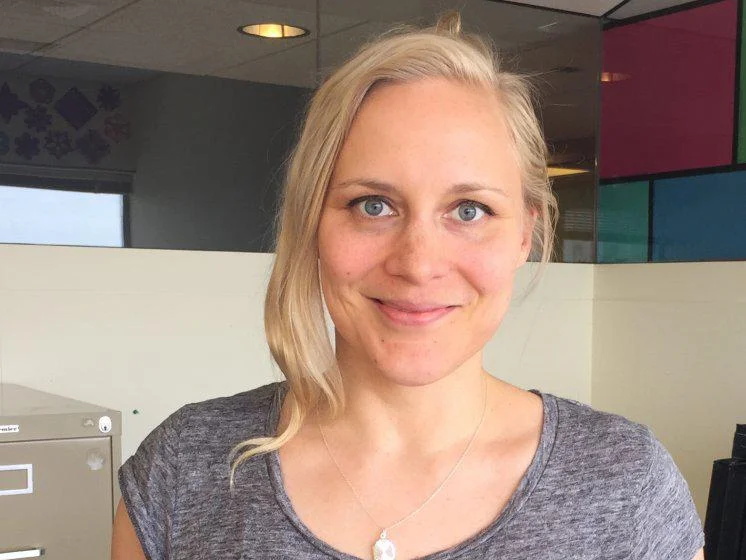Q&A with Anni Kajanus
Anni is a Leverhulme Early Career Fellow
Read about her research on people’s cooperative behaviours.
The main contribution of my research is to enhance the understanding of what drives human cooperation, how it unfolds in the course of everyday life, and what happens when it breaks down.

What are you currently researching?
The dynamics of human cooperation, conflict and competition from a cognitive anthropological perspective. I carry out comparative research in China and in the UK on people’s cooperative behaviours, such as helping and sharing; on their competitive motivations; and on the ways that conflicts emerge and are managed or resolved in the course of cooperation.
This involves patterns of social domination and prestige; and for example fighting and gossiping in children’s peer groups.
Why did you choose this area of study?
People’s capacity and motivation to cooperate and engage in joint activities is really remarkable, and marks us out from other species in its scale and complexity. At the same time, even the closest cooperative relationships, such as those in the family, are filled with conflicts, and people have developed very elaborate systems to manage the tensions.
Looking into these dynamics in a way that takes into account the universally-shared human cognitive capacities, but also takes seriously the vast cultural diversity and its role in human development, is extremely challenging, exciting and motivating.
There is a revived interest in anthropology in this field of culture and cognition, and my work has been inspired by the work of Charles Stafford, Rita Astuti, and other colleagues in the Department of Anthropologyat LSE.
How will your research improve or have a wider impact on society?
The main contribution of my research is to enhance the understanding of what drives human cooperation, how it unfolds in the course of everyday life, and what happens when it breaks down.
Comparing these processes across different cultural and socio-economic contexts highlights some of their differences and shared aspects. More specifically, because much of my work involves working with children of different ages, I’ve been able to share findings with education practitioners and researchers, for example on collaborative learning, the use of competitive and cooperative pedagogies, and peer-group bullying in schools.
What do you hope to do career-wise, long term?
After finishing the research for my current project, I will take up a position of Assistant Professor of Anthropology at the University of Helsinki. In the long term, I will continue to work in the intersect of anthropology, developmental psychology and cognitive sciences, and hope to make contributions that have bearing across these disciplines.
Can you provide any advice to prospective students about the most effective way to approach research and keep stress levels down?
I try to focus on being where I am. If I’m in the field, I don’t try to write at the same time; when I’m writing, I ignore emails and other distractions; and when I’m with my family, I don’t feel guilty about all the work I did not accomplish that day.
It’s also good to keep in mind that we easily end up devoting proportionally more time and energy to parts of our work that involve other people at the expense of research and writing. I tend to guard the time for research with great jealousy.
What resources are available at LSE to help young researchers and how has this helped you?
The most important resource in terms of intellectual and professional development has been the departmental mentoring. I have also benefited immensely from the support of the Research Division in successfully applying research grants.
The PGCert in Teaching, ran by the Teaching and Learning Centre, gave me a good foundation to get into teaching.
In a few words, what is the best thing about studying at LSE?
The intellectual atmosphere that is critical and forward-looking.